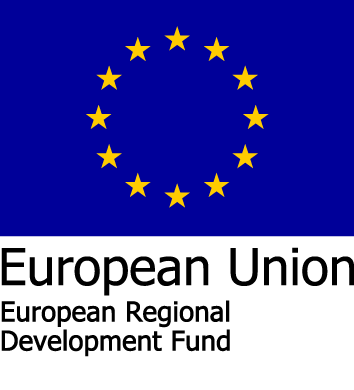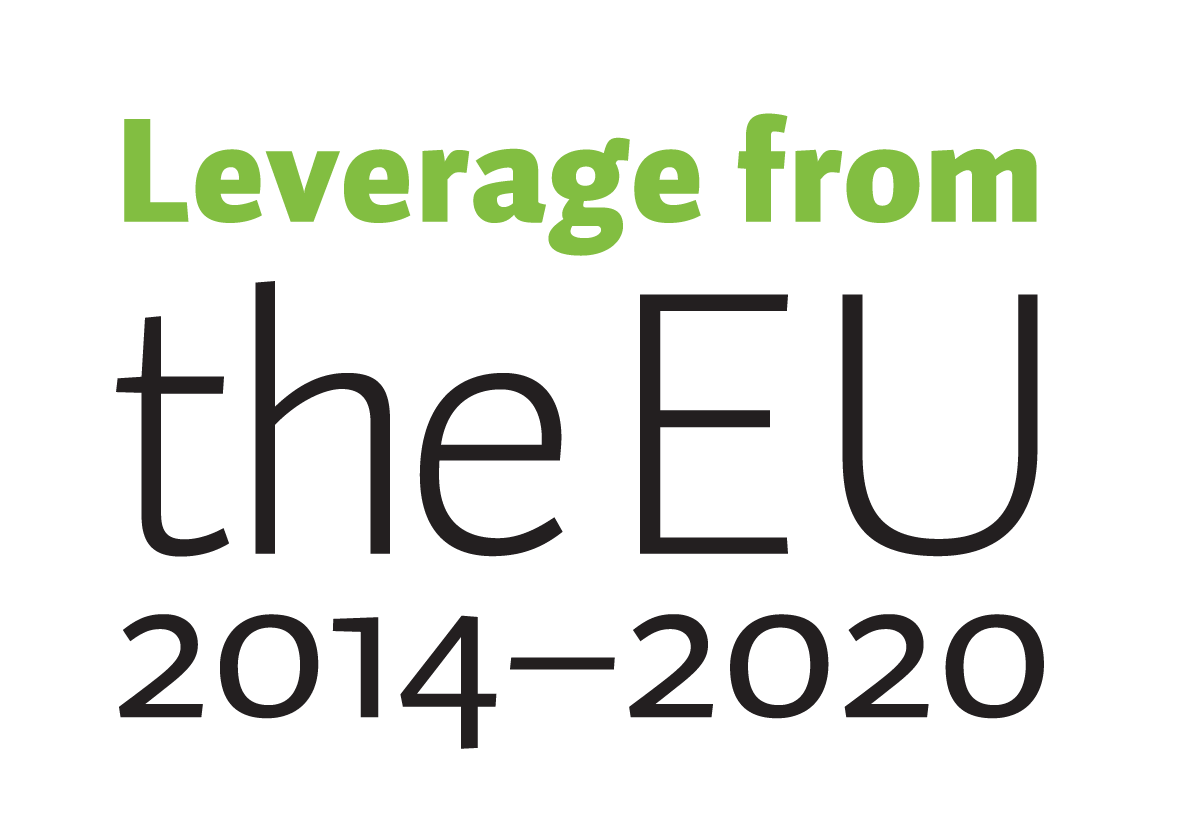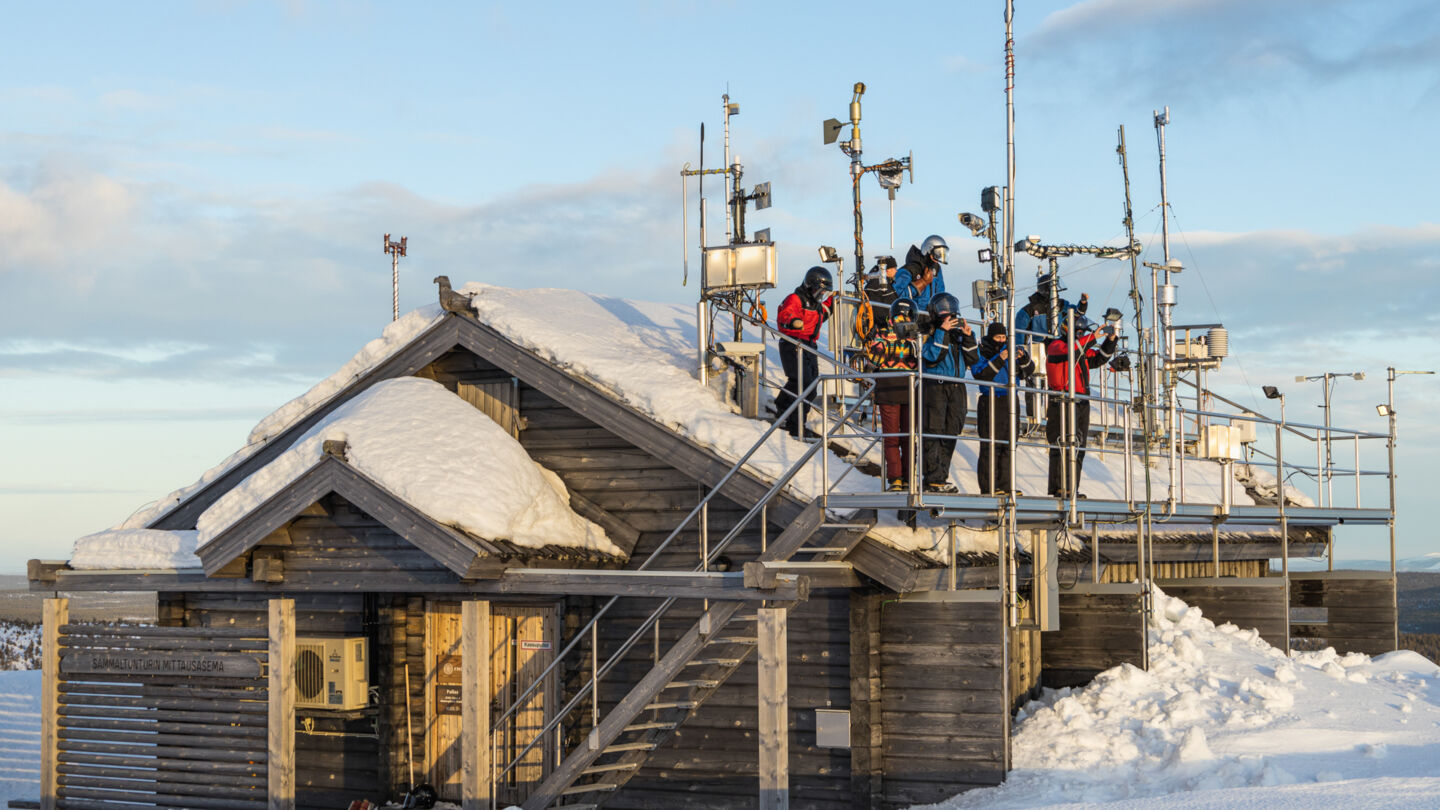Finnish Lapland is known for tourism and natural resources, but climate change and the green transition are opening up new sustainable business opportunities in the region, such as the production of renewable energy and carbon sinks. The Arctic area must be at the leading edge of the fight against climate change and innovate potential into reality. Four Dutch and German investors and corporate world influencers came to Lapland for a deep dive into the business potential of the region and were impressed and saw more possibilities under the surface.
We need climate actions now – the time window for corrective actions to slow down global warming is closing. New sustainable solutions are needed for energy production, binding carbon dioxide and preserving natural resources. There is surprising multidisciplinary potential in Lapland for sustainable business.
Lapland’s clean air leads to sustainable development
Finnish Lapland is known for the cleanest air in the world. Finland is one of the world’s best when it comes to air quality. Muonio, in Western Lapland, is at the peak of it as there are only 1.8 micrograms of particulates of less than 2.5 micrometers per cubic meter (FMI 2020). The Finnish average is five micrograms. For comparison, the average for the Netherlands is 9.7 μg, for Germany 10.2 μg, and for France 11.1 μg (World Air Quality Report 2020).
– According to research, Muonio has the best air quality in Finland and in Europe. When comparing air quality internationally, the amount of particulates of 2.5 micrometers is often focused on, as they are known to be particularly harmful to health, says Antti Hyvärinen, Head of the Atmospheric Composition Research Unit at the Finnish Meteorological Institute.
Particulates can travel to all parts of the lungs and increase morbidity and mortality related to respiratory organ and cardiovascular diseases. A week in the clean air in Lapland, calculated statistically, can extend the life expectancy of a person from Milan by well over three hours, and that of someone from Berlin by slightly under an hour.
In addition to the health effects, air quality also has a direct economic impact, according to the European Environment Agency. Poor air increases health care costs, reduces worker comfort and productivity and has detrimental effects on the environment, such as soil, water, and forests. Long-term exposure to low-level pollutants poses a greater threat to health and the environment than momentarily very poor air quality.
In Muonio, at the top of the Sammaltunturi fell, there is the Pallas research station of the Finnish Meteorological Institute, whose data on the climate and air quality is used internationally in the fight against climate change.
– The Pallas research station is situated in a strategically important place from the point of view of research work because the Arctic area is warming up as much as four times faster than the rest of the world. We’re involved in international networks and carry out significant research on the causes and consequences of warming, says Hyvärinen.
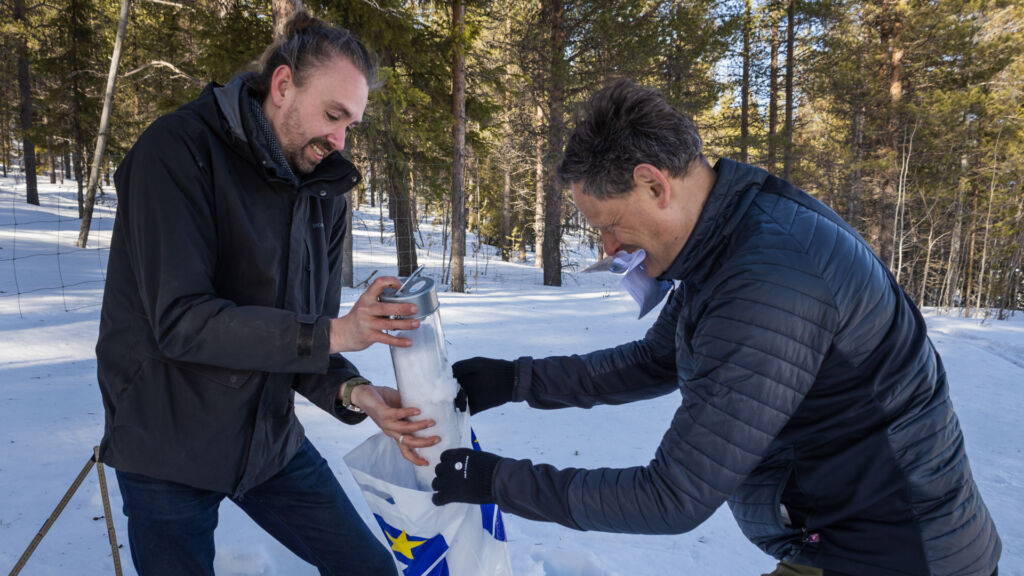
Important values for entrepreneurship from surroundings
Clean air and nature promote sustainable business and environmentally friendly solutions in Lapland.
The transition to renewable energy production must be carried out with a rapid timetable. Many are focused on the construction of wind farms in Lapland, but solar energy is also a possible and surprising alternative. In a study by the Meteorological Institute, it was found that thanks to the summer’s midnight sun and little air pollution, solar panels can produce more energy in Lapland than in India.
Clean nature and good air quality are a part of the strategy of the Municipality of Muonio as an important enabler of economic activity. There is a desire to protect these natural resources because the benefits that they bring are vital.
– It increases vitality in the area in many ways, such as by offering a unique environment for entrepreneurship that relies on natural values, new innovations and a happy everyday life; it’s concretely easy to breathe here. For example, a business that is based on nature experiences, well-being or natural products is possible because of the excellent air quality. It’s also very important for us to cherish clean air and nature now and in the future because we understand its large significance for us, also from the perspective of the early adapting of economic activity to climate change, says Kaisa Kylä-Kaila, Business Development Specialist of the Municipality of Muonio.
There is a desire to further develop nature tourism, as both foreign and domestic tourists are coming to Lapland in search of fresh air and Arctic nature. Currently, travelers pay attention to responsible and sustainable locations, low congestion, nature, and safe travel destinations.
The growing popularity of nature tourism is reflected in, for example, the number of visitors in Lapland’s National Parks and the eager reception of the new National Park in Salla. There were 699,200 visitors at Pallas-Yllästunturi National Park in 2021, an increase of 25 percent from the number of visitors two years ago.
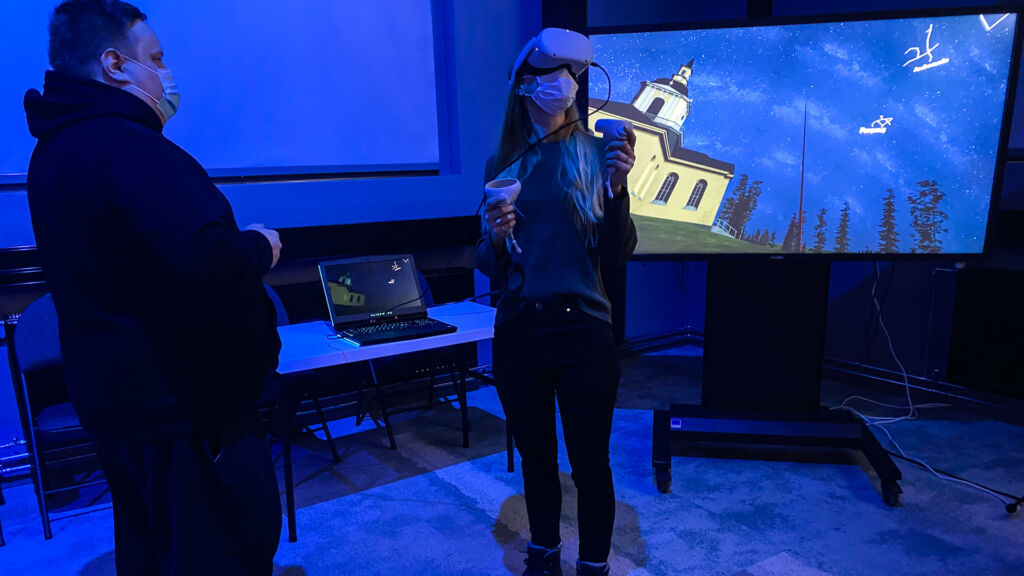
Potential in Lapland as a pioneer of the green transition
Lapland’s joint marketing and communications house, House of Lapland, invited four investors and corporate world influencers from the Netherlands and Germany on an expedition to see Lapland’s cross-sectoral business and investment possibilities. This was not just a traditional Lapland trip – over the course of four days, the explorers saw and went through unique experiences in Lapland, such as getting to know the Pallas research station.
The explorers were interested, amongst other things, in the possibilities presented by Lapland’s soil and forests. For example, inexhaustible and emission-free geothermal energy production would be possible in Lapland. The Geological Survey of Finland centre has investigated the possibilities of utilising geothermal heating in Finland and found that there would be a good granite area in Central Lapland for the activity.
– It’s clear that Lapland has a lot of business potential beyond the pillars of tourism, forestry, and mining, for example in data centers or in increasing needs for battery technologies and materials. To me, the exciting long-term potential is, however, in carbon sinks or storages. Technologies and markets for this are still in development but needed, fast. Lapland is a unique and wonderful albeit fragile environment, so such businesses would fit well into the region’s DNA and heritage, states the Dutch climate tech entrepreneur Franc Mouwen, who was in Lapland for the expedition.
– Lapland is known internationally as an attractive travel destination, but we have a lot to give in sustainable business and fighting climate change. We in Lapland are now already experiencing the effects of climate change. We could be pioneers in business activity related to the green transition, says Sanna Tarssanen, the Managing Director of House of Lapland.

